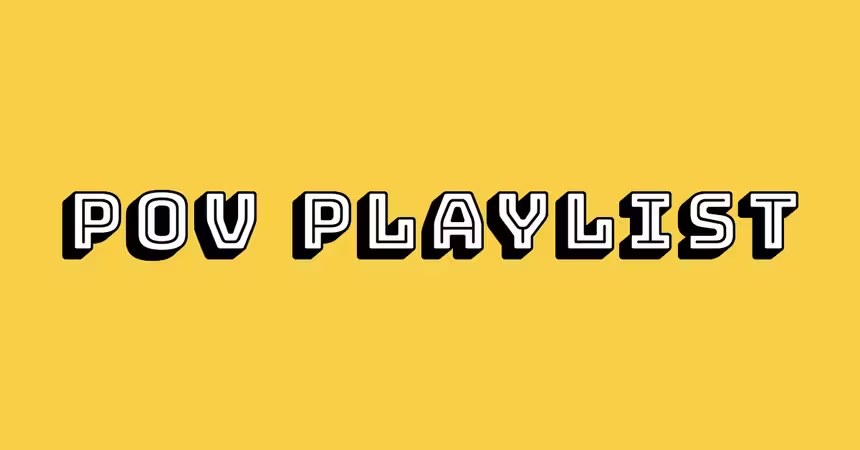
StoryCorps Shorts: The Men Who Fed America
Special | 2m 48sVideo has Closed Captions
Johnny Itliong honors the memory of his migrant father and the men who helped feed America.
Johnny Itliong grew up in the California grape fields in the 1960s. His father Larry Itliong was a migrant farmworker and a leader of the Delano Grape Strike. As a kid, Johnny spent his days lending a hand to his father and the men who worked in the fields. Johnny brought his son, Aleks, to a StoryCorps recording booth to honor the memory of his father and the men who helped feed America.
Problems playing video? | Closed Captioning Feedback
Problems playing video? | Closed Captioning Feedback
Major funding for POV is provided by PBS, The John D. and Catherine T. MacArthur Foundation, the Wyncote Foundation, Reva & David Logan Foundation, the Open Society Foundations and the...

StoryCorps Shorts: The Men Who Fed America
Special | 2m 48sVideo has Closed Captions
Johnny Itliong grew up in the California grape fields in the 1960s. His father Larry Itliong was a migrant farmworker and a leader of the Delano Grape Strike. As a kid, Johnny spent his days lending a hand to his father and the men who worked in the fields. Johnny brought his son, Aleks, to a StoryCorps recording booth to honor the memory of his father and the men who helped feed America.
Problems playing video? | Closed Captioning Feedback
How to Watch POV
POV is available to stream on pbs.org and the free PBS App, available on iPhone, Apple TV, Android TV, Android smartphones, Amazon Fire TV, Amazon Fire Tablet, Roku, Samsung Smart TV, and Vizio.

POV Playlist
Every two weeks, we curate a selection of POV docs, old and new, around a central theme. Stream while you can — until the next Playlist!Providing Support for PBS.org
Learn Moreabout PBS online sponsorshipJohnny Itliong (JI): One of his nicknames was Seven Fingers, because, when he was up working in Alaska, he lost three of his fingers.
He was small in stature.
But, he was a very, very strong man.
He always wore pocketed shirts, thick Ray-Ban glasses, and he would always have his cigar his Cubanos.
And, I remember, I would have to get up at 3:00 in the morning and we would jump in the back of the truck, load it up full of boxes and stack ‘em maybe 10, 12-feet high.
I could carry about eight of them stacked up.
There were so many good men.
Living in box carts, sheds, whatever they can make out of the elements.
And I remember maybe one guy had one suit, and, whoever would get a date, would wear that suit.
So they would share the suit 20, 30 guys.
You know, that’s, that’s the brotherhood.
And when they would pass, they didn’t have family in the United States.
They had no one to say goodbye to them.
And it was just us me, my father, my brother.
Men who worked the fields.
They fed the United States.
You know my father, stood up for the people who need help.
At five years old, I remember running around getting the sticks, you know, I would bring the sticks to the ones who were nailing the picket signs.
I think that was probably, like, my earliest memory.
He sacrificed a lot of his family time to make a better world for us.
We have big shoes to walk in, man [laughs].
AI: Yeah.
JI: I don’t feel like I’m even close.
But, your demeanor reminds me of him, because he was very calm.
He always listened.
When it was time for him to speak, what he said was important.
And, already you follow those footsteps.
♪♪ ♪♪ ♪♪ ♪♪
Support for PBS provided by:
Major funding for POV is provided by PBS, The John D. and Catherine T. MacArthur Foundation, the Wyncote Foundation, Reva & David Logan Foundation, the Open Society Foundations and the...















